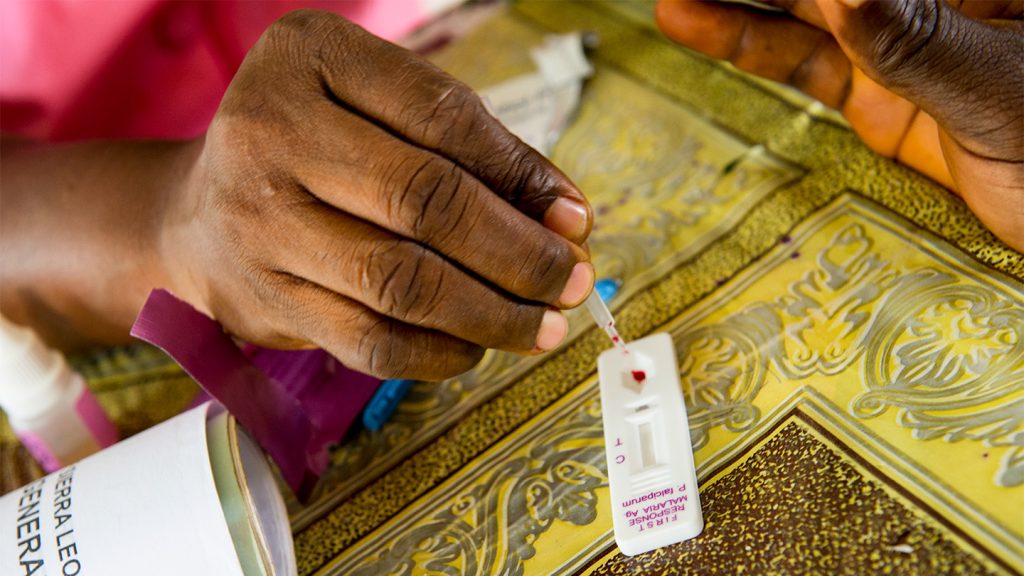Rapid diagnostic tests have played a critical role in the global fight against malaria, improving access to quick diagnosis and treatment while enhancing surveillance efforts, particularly in rural areas. However, the emergence of mutations in the malaria-causing Plasmodium falciparum parasite that render it invisible to standard rapid tests is concerning. These mutations can lead to high rates of false-negative test results, delaying treatment and allowing potentially hundreds of thousands of cases to go undetected. The spread of these mutations could hinder eradication efforts if new, more effective tests are not developed.
The first reports of these mutations were documented in 2010 in samples from patients in Peru, where portions of the genes pfhrp2 and pfhrp3, responsible for reliable indicators of infection in current rapid tests, had been deleted. These mutations effectively mask the presence of the parasites from standard tests, necessitating more precise diagnostic methods to confirm infections. While alternative rapid tests are available, they are not widely used due to their reduced sensitivity and increased cost, limiting their global supply.
These mutations have been found in at least 40 countries across South America, Africa, and Asia, with evidence of significant spread in regions such as the Horn of Africa. Countries like Eritrea, Ethiopia, and Djibouti have reported high rates of false-positive rapid tests due to these mutations, prompting a switch to alternative testing methods. However, the detection of these mutant parasites can be challenging and expensive, leading to variable quality in prevalence surveys and potentially hindering timely response strategies.
Efforts to combat the spread of these mutations have been somewhat successful, with countries advised to switch testing strategies when mutation prevalence surpasses 5 percent. However, challenges remain in accurately monitoring mutation rates and ensuring timely adjustments in testing protocols. More surveys are needed to assess mutation prevalence in malaria-endemic countries, especially in regions where deletions are already spreading rapidly.
Future research should focus on developing more sensitive and accurate alternative tests that are cost-effective and widely accessible to address this emerging challenge. Without effective testing strategies, controlling malaria in many countries could become increasingly difficult, posing a significant threat to global malaria eradication efforts. Continued surveillance, research, and global collaboration are crucial in tackling the issue of test-evading mutations in the fight against this deadly disease.


